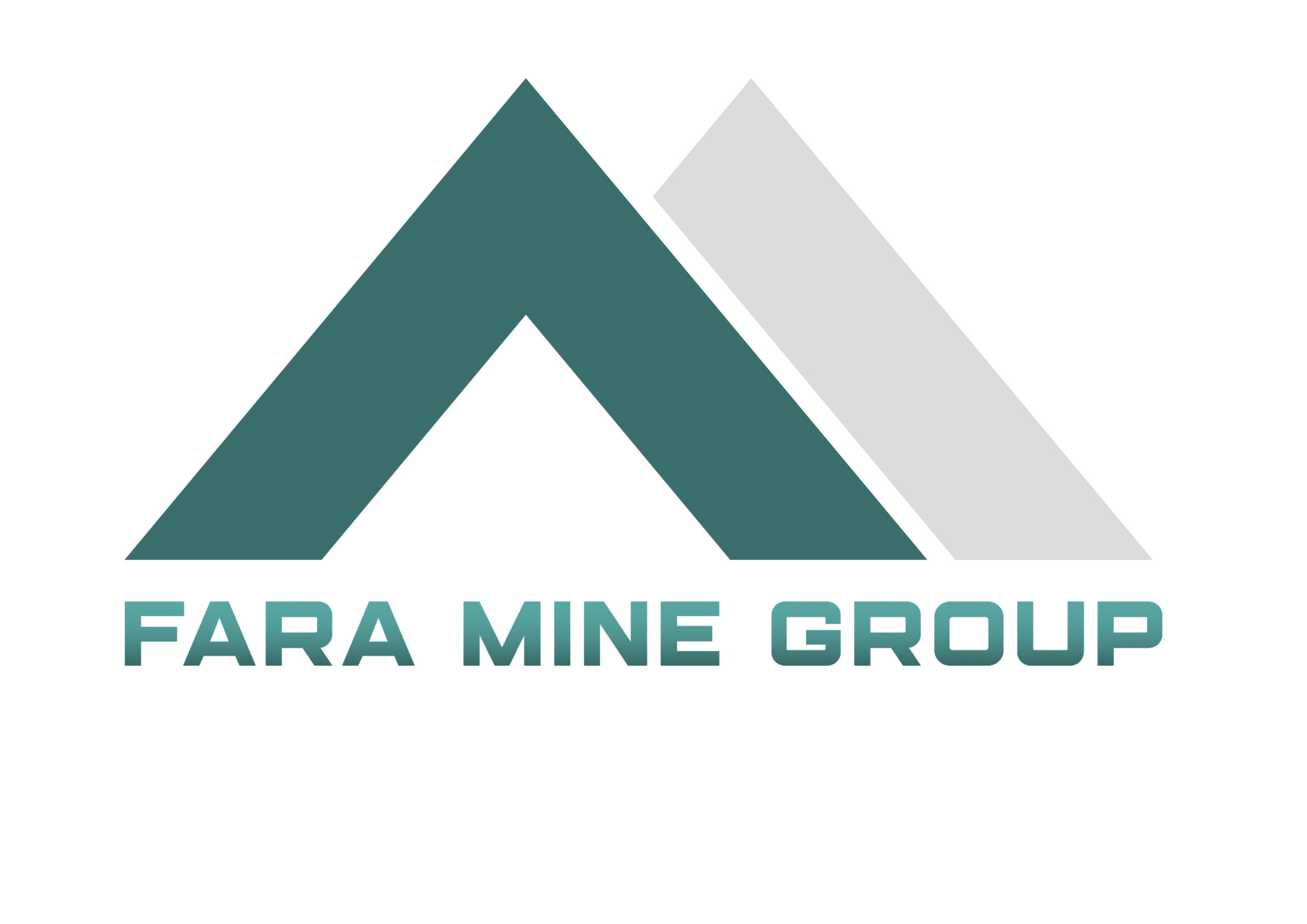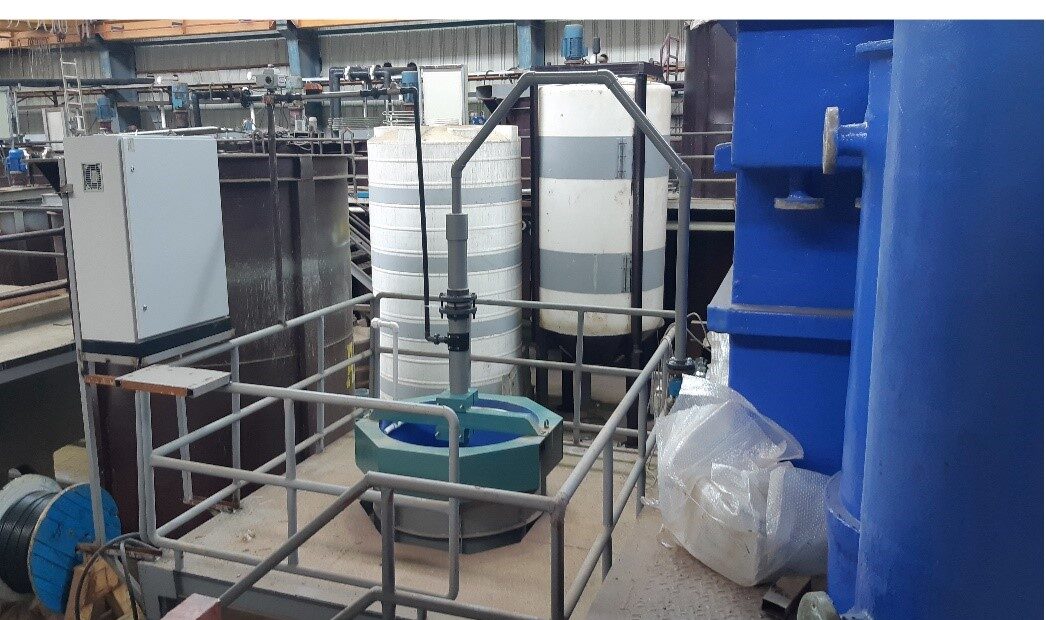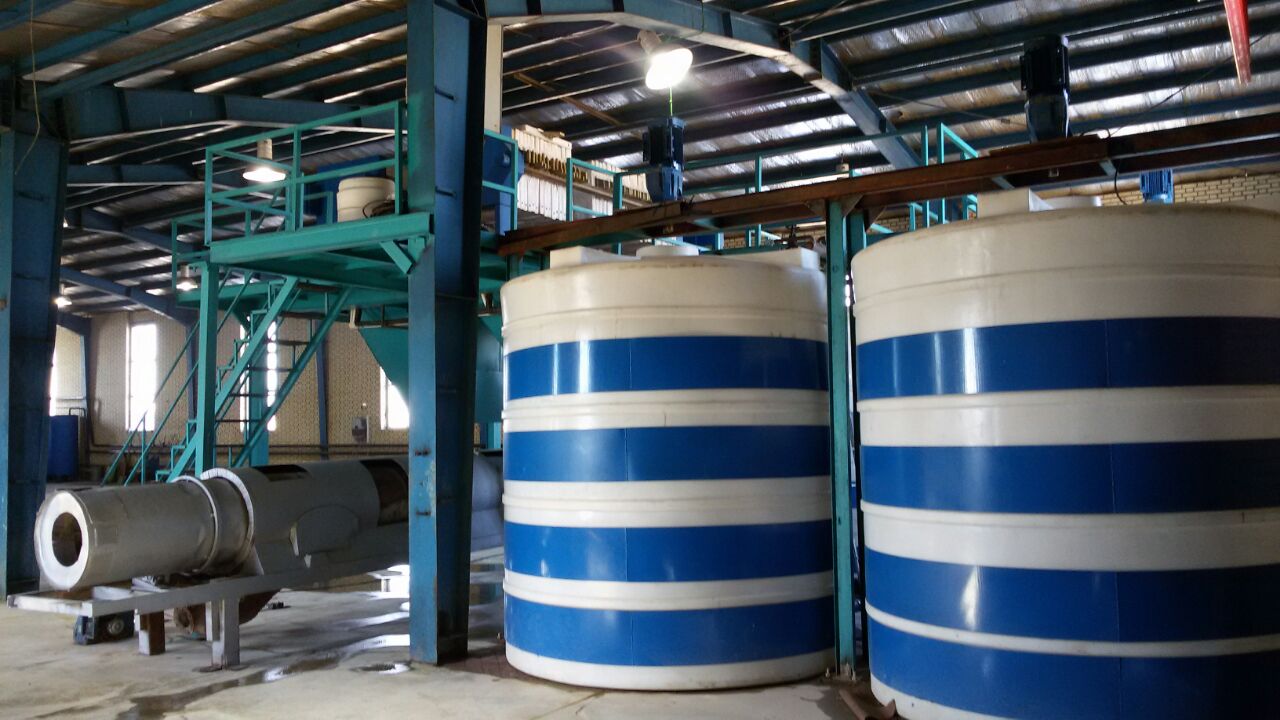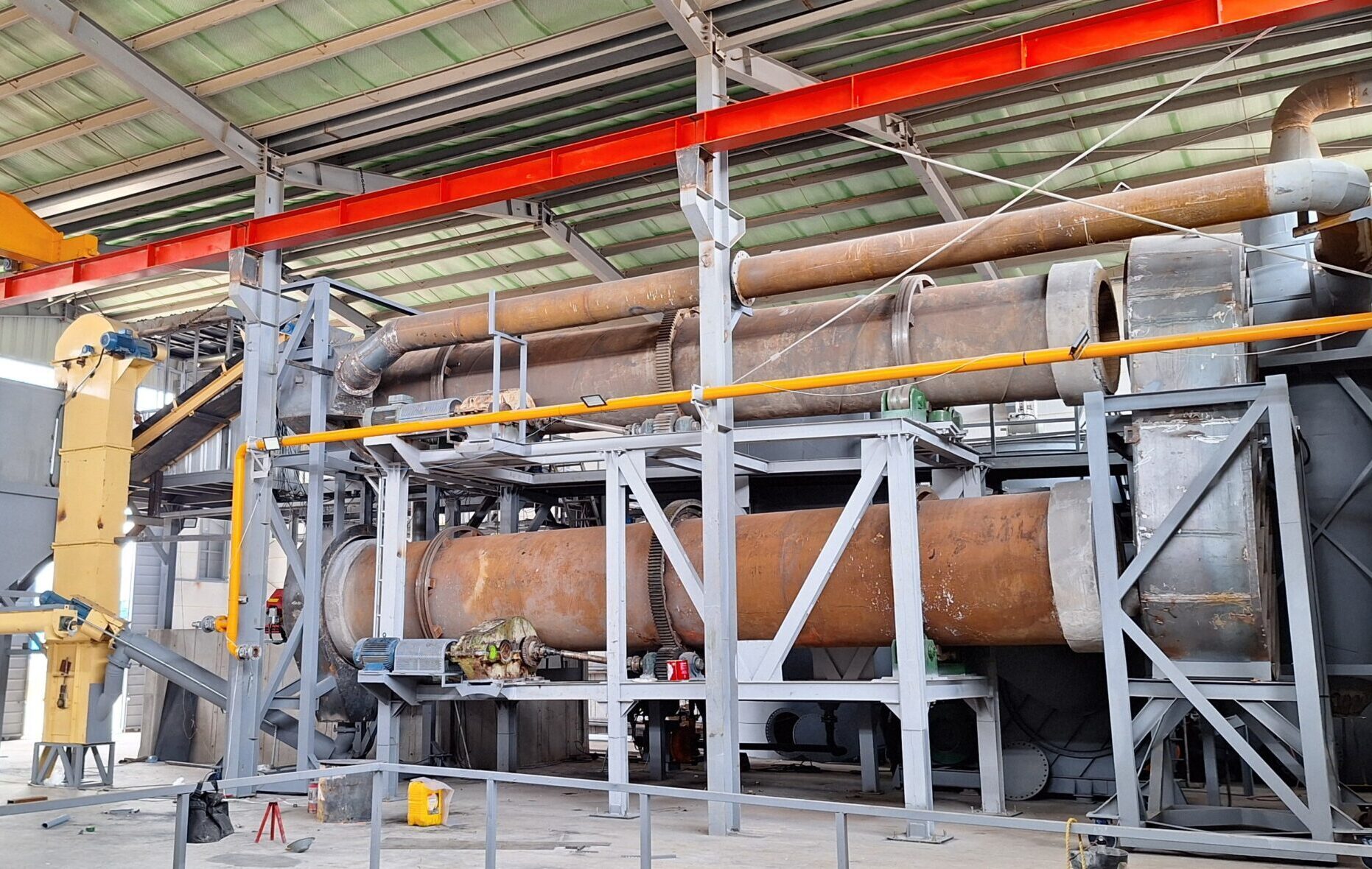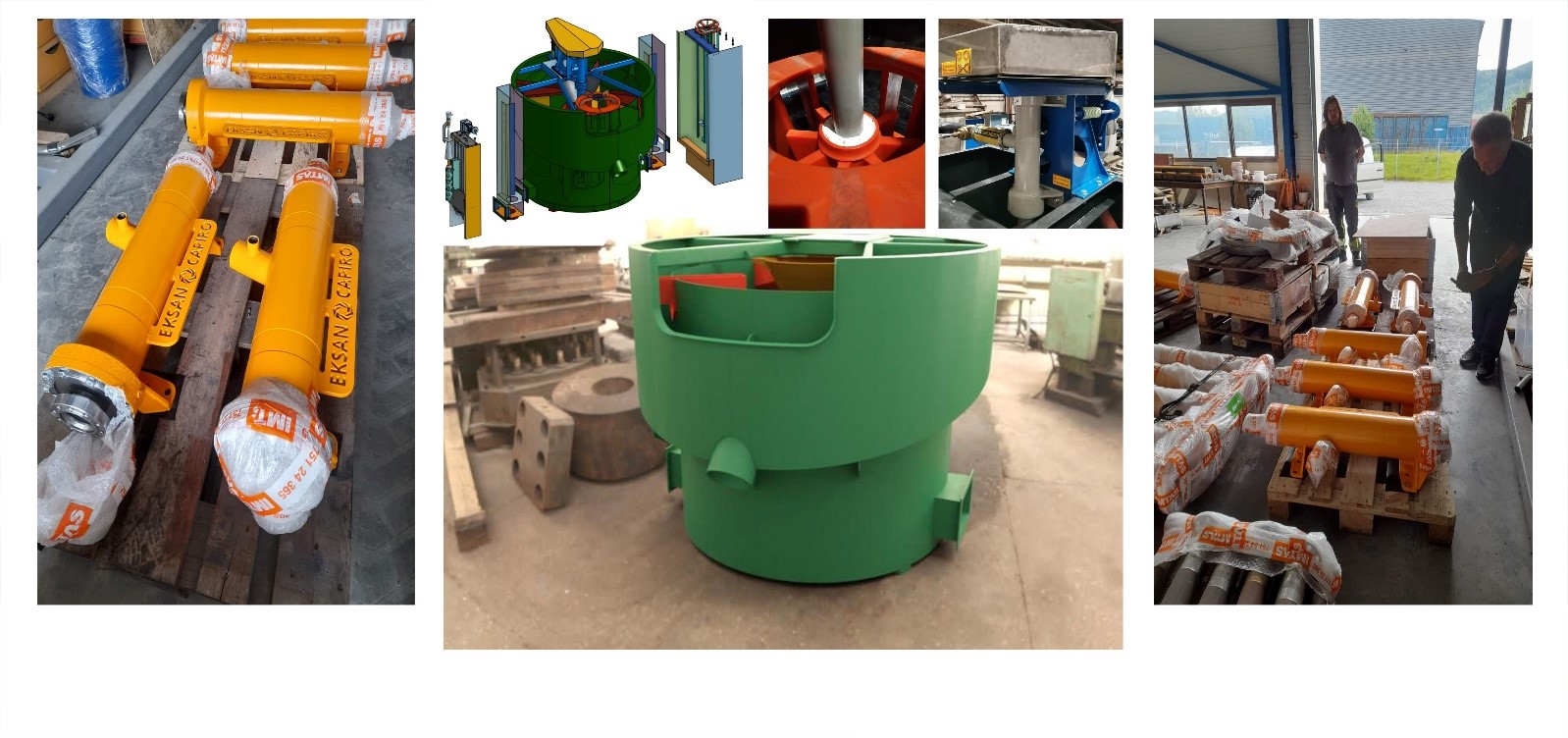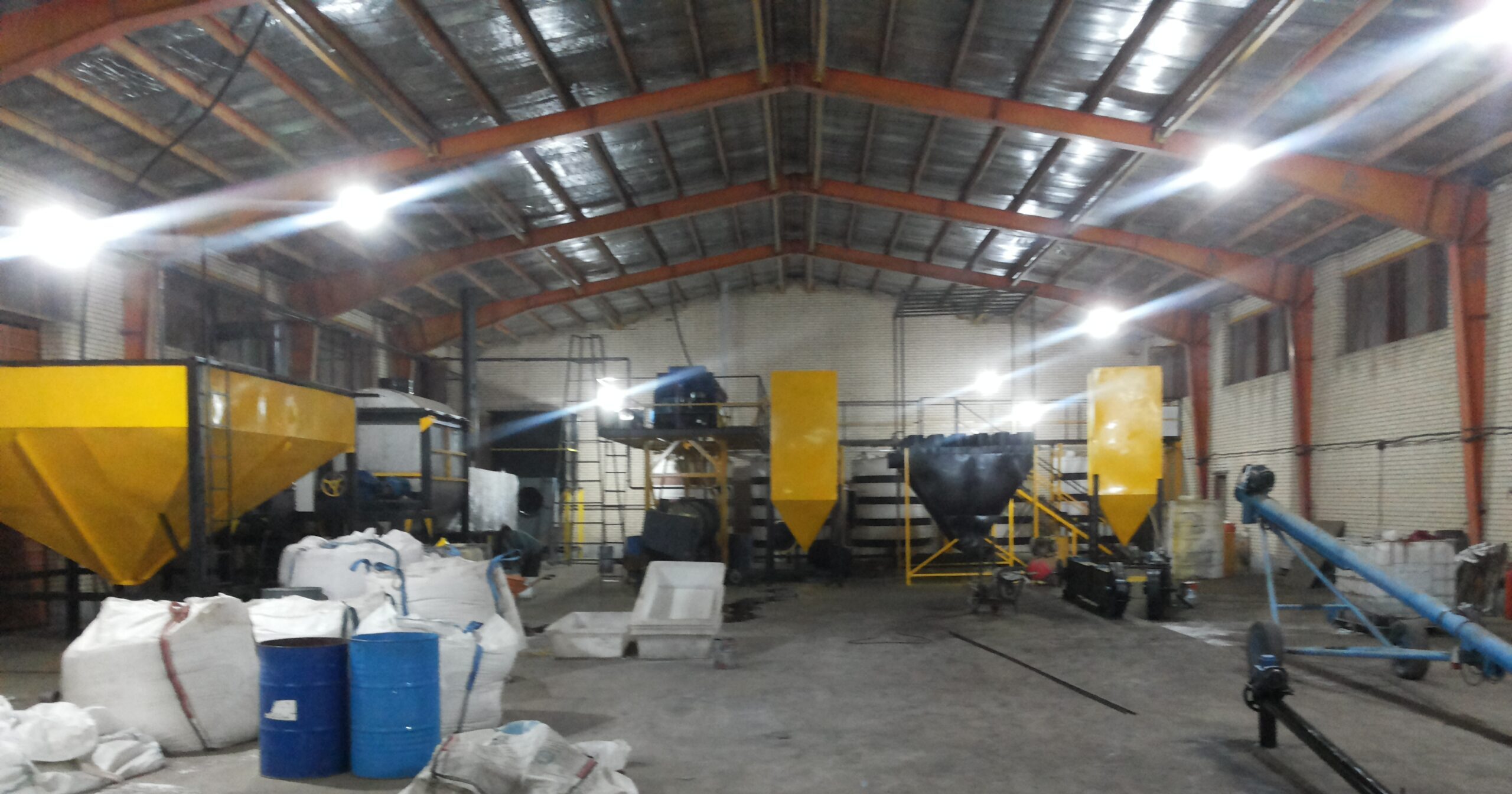In mineral processing plants, thermal methods (pyrometallurgy) can alter the nature of various ores to oxide forms, including sulfide, sulfate, or carbonate deposits. Common methods used in these processes include thermal treatment (roasting) and calcination.
Thermal treatment (roasting)
Sulfide ores, due to their insolubility in conventional acids used in hydrometallurgical processes, are processed using ore dressing methods such as flotation. For example, sphalerite (ZnS) is a commonly used sulfide ore in flotation plants. The concentrate obtained from the flotation of this ore cannot be directly smelted to produce zinc ingots due to technical issues. On the other hand, dissolving this concentrate in sulfuric acid requires the use of high-pressure equipment and tanks, which are very expensive and challenging to operate. Therefore, using this method may have low technical and economic justification in the industry. The only cost-effective method to address the issues mentioned for sulfide ores is roasting. This process is used to remove sulfur from the structure of sulfide minerals and convert them to oxides. The behavior of sulfide ores or their concentrates under heat varies. Temperature, residence time, and the particle size of the feed to the roasting process are factors that affect the efficiency of the thermal treatment process. The Faramin Asia Industrial and Mining Group, with the help of its specialists and the use of suitable and standard laboratory equipment, is capable of studying and optimizing the parameters involved in the roasting process.
Calcination
Calcination is a pyrometallurgical process in which carbonate mineral compounds decompose at high temperatures, releasing CO₂. For example, in the production of hydrated lime, limestone (CaCO₃) is heated in a kiln to temperatures ranging from 900 to 1100 degrees Celsius, transforming into calcium oxide (CaO) or quicklime, while the carbon dioxide in the limestone is decomposed and released as gaseous CO₂. Quicklime is used in many industries, including steel production, construction, and chemical industries.
The Faramin Asia Industrial and Mining Group, through its laboratory services in pyrometallurgical studies, is capable of studying and optimizing the parameters involved in calcination.
